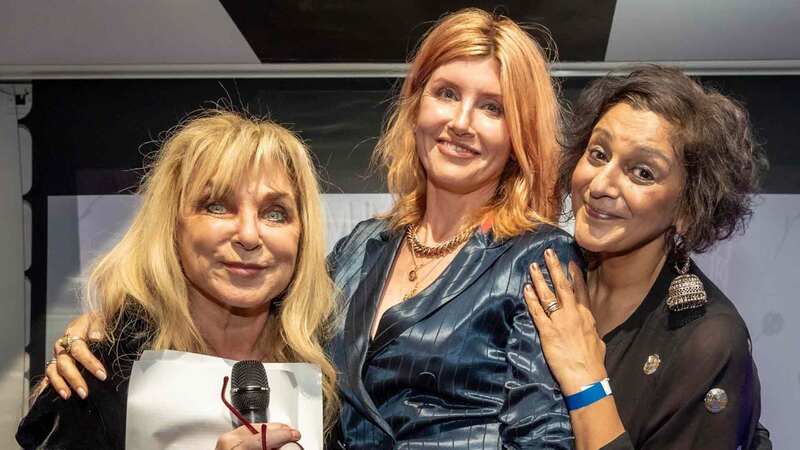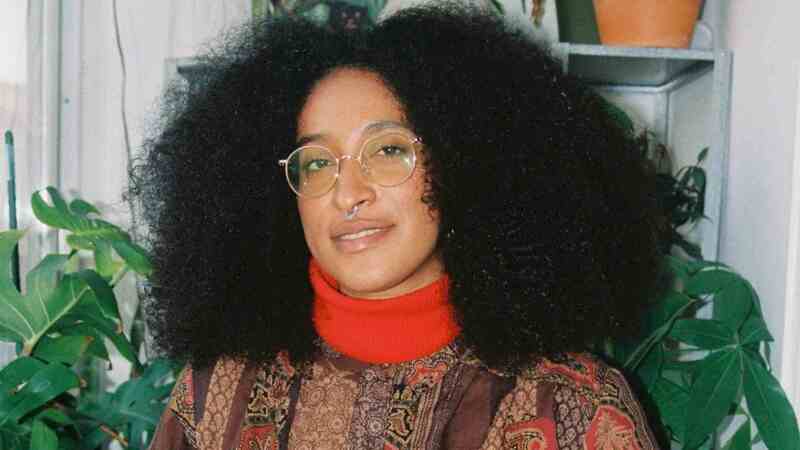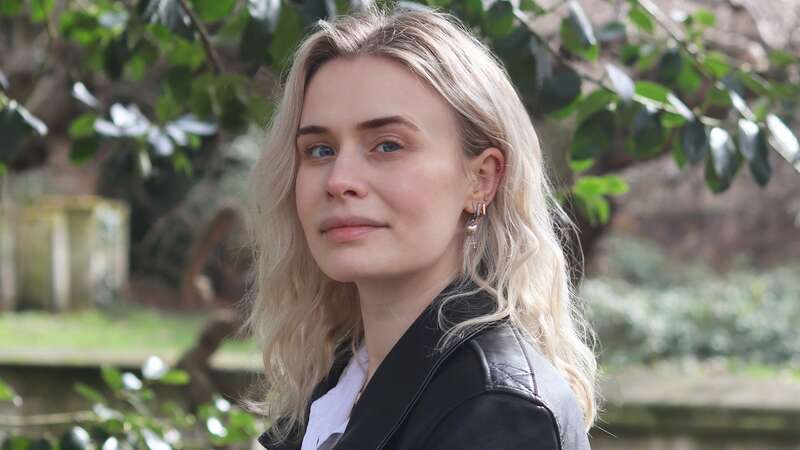You are viewing your 1 free article this month. Login to read more articles.
Eshun and Nabugodi named UK winners of $40k Whiting Creative Nonfiction Grant
Ekow Eshun and Mathelinda Nabugodi are the two UK winners of the $40,000 (£34,679) Whiting Creative Nonfiction Grant.
Earlier this year organisers announced the grants would be made available to British authors for the first time. In total, nine authors received grants this year including Atossa Araxia Abrahamian, Emily Dufton, Wes Enzinna, Patricia Evangelista, Brooke Jarvis, May Jeong, and Alejandra Oliva. Writers must apply for the grants.
Eshun’s biography The Strangers, forthcoming from Hamish Hamilton, is structured around the stories of several remarkable Black men from the 19th to the 21st century and across the global diaspora. The synopsis says: “The Strangers sets out a radical exploration of identity and experience. From Victorian actor Ira Aldridge to philosopher and revolutionary Frantz Fanon to hip hop star Tupac Shakur, the subject of each chapter stands at a crossroads, the society around him in flux. Drawing on historical sources to imagine their interiority, Ekow Eshun examines the forces that have shaped, constrained, and transformed our understanding of Black masculinity – and considers how we can think beyond them. From toxic masculinity to male fragility, mental health to queerness and the performance of gender, The Strangers offers a powerfully intersectional investigation of what it has meant and could mean to be a Black man.”
The judges said: “Ekow Eshun has charged himself with answering Toni Morrison’s observation that Black people are often ‘spoken of and written about as objects of history, not subjects within it,’ and his project has the power to take readers to a new understanding. Eshun links his fine-grained explorations of these fascinating but too-little-known figures and their social worlds to his own, and to ours. He has the quick, light sentences of a journalist combined with the imaginative reach of a novelist; this is a rich and beguiling way of writing biography and memoir. The book will offer astonishing discoveries.”
Nabugodi’s The Trembling Hand: Reflections of a Black Woman in the Romantic Archive, also forthcoming from Hamish Hamilton, is a piece of literary criticism. The synopsis says: “Romanticism is best known as a movement celebrating political and imaginative liberty – the human mind freeing itself from the shackles of tradition. But Romanticism also coincided with the apex of the transatlantic slave trade. This book recovers some of the links between the poetry of freedom and the practices of slavery in the Romantic period. It presents an at once radical and intimate group portrait of the major Romantic poets that recasts their lives and works in the light of the Black Atlantic while at the same time describing the author’s own journey through this space with passion, curiosity, disquiet.”
The judges commented: “Mathelinda Nabugodi dazzles with her originality of approach in this exhilarating tour de force, opening new ways of seeing and reading. A scholar of the highest calibre, she uses archival treasures – a teacup, a baby’s rattle, a necklace made of human hair – to reframe the dusty portraits of the Romantic poets in relation to what has been termed the ‘racial capitalism’ of chattel slavery, the engine of their 18th-century Atlantic world. Her own story provides sparkling grace notes as she delves into the influence of the slave trade on a literary tradition associated with personal and political freedom, and among this project’s most moving moments is Nabugodi’s reckoning with the limits and possibilities of writing herself into this lineage.”
Courtney Hodell, director of literary programmes, said: “It’s our hope that the foundation’s support will help these gifted writers delve into the most necessary places, whether that’s in the archives, on the street, or within our understanding.”




















